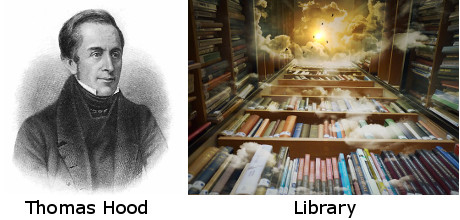John Maynard Keynes? Josiah Stamp? Ernest Brown? Anonymous?
Question for Quote Investigator: The most outrageous quotation about education that I have ever heard has been attributed to the famous economist John Maynard Keynes. Here are three versions:
1) Education is the inculcation of the incomprehensible into the ignorant by the incompetent.
2) Education: the inculcation of the incomprehensible into the indifferent by the incompetent.
3) Education is the inculcation of the incomprehensible into the indolent by the inept.
Recently, I encountered an attribution of this alliterative remark to Josiah Stamp who was an industrialist, an economist, and a director of the Bank of England. Would you please explore this topic?
Reply from Quote Investigator: The earliest evidence located by QI appeared in a book titled “Ideals of a Student” by Sir Josiah Stamp. The preface was dated September 1933, and Stamp wrote that the section containing the quotation was based on a commencement address he delivered “at Toronto this year”. Stamp was probably referring to the University of Toronto. Boldface has been added to excerpts:1
What is the position of education in all this? Well, its place in this scheme ought to be easily visible to all of us. The time has gone by when we can say that education is “the inculcation of the incomprehensible into the ignorant by the incompetent.” Now upon us students is the responsibility: for these complexities of economic life require certain qualities of judgment.
Stamp used quotation marks to signal that the expression was already in circulation; hence, he appeared to disclaim authorship. He also expressed disagreement with the statement. Nevertheless, in the following years his name was firmly attached to the saying.
The connection to John Maynard Keynes was established by 1962 when the diplomat Abba Eban wrote an article stating that he heard the saying from Keynes at Cambridge during the 1930s. The detailed citation for this article is given further below.
Here are additional selected citations in chronological order.
Continue reading “Quote Origin: Education Is the Inculcation of the Incomprehensible Into the Ignorant by the Incompetent”